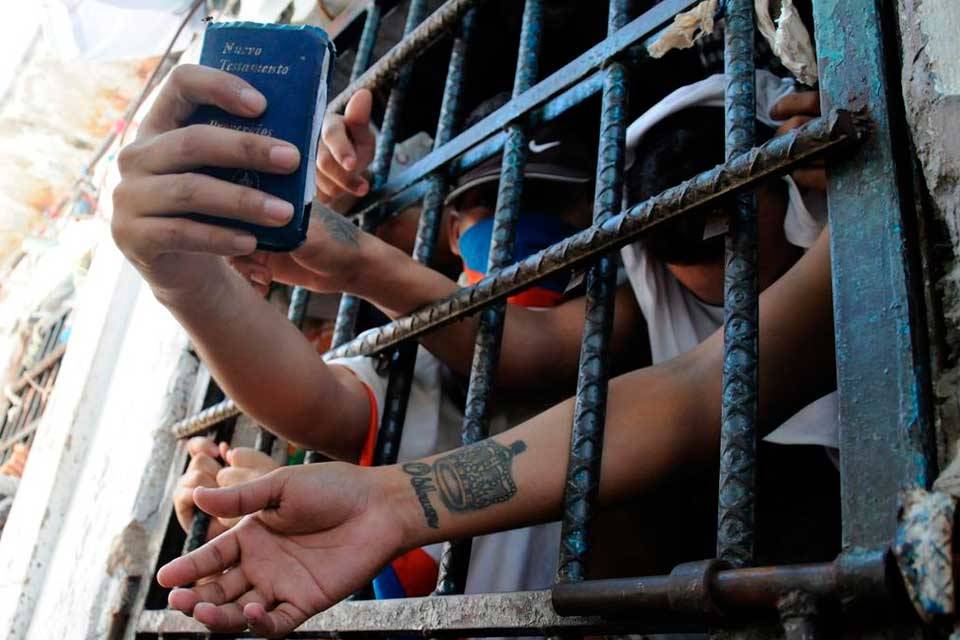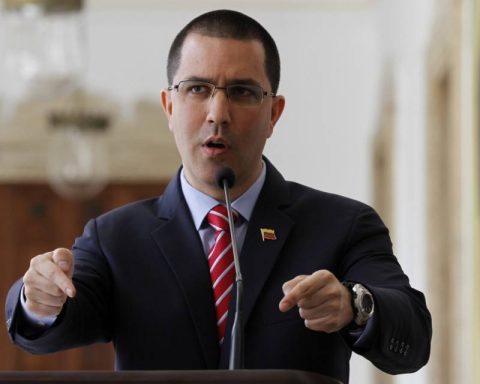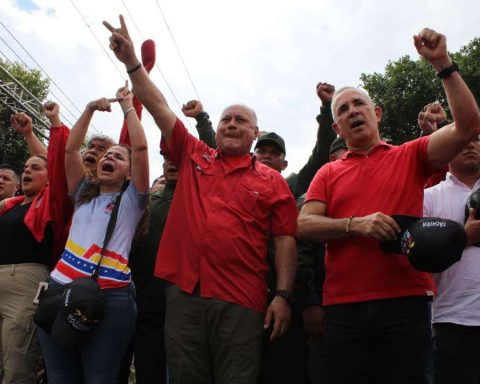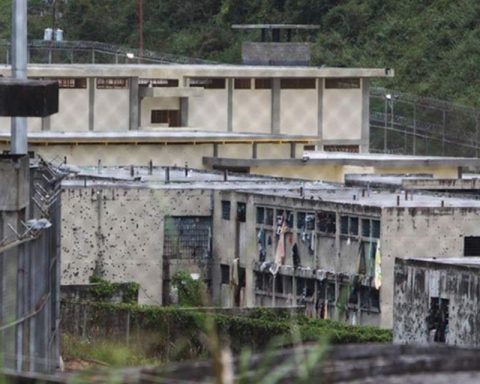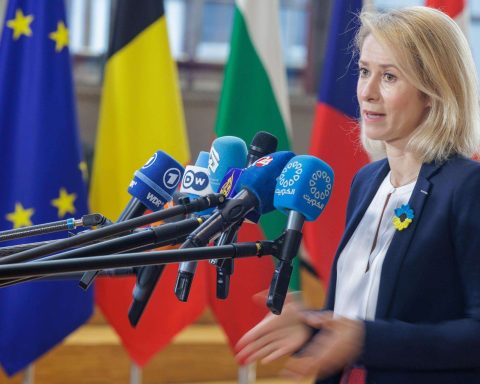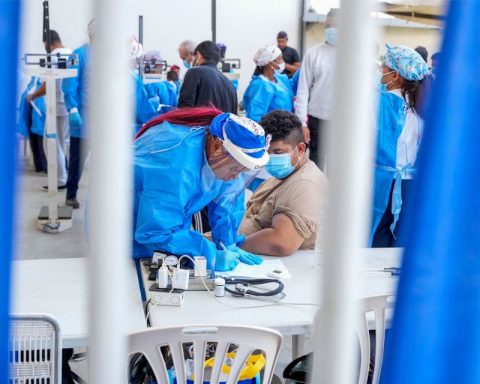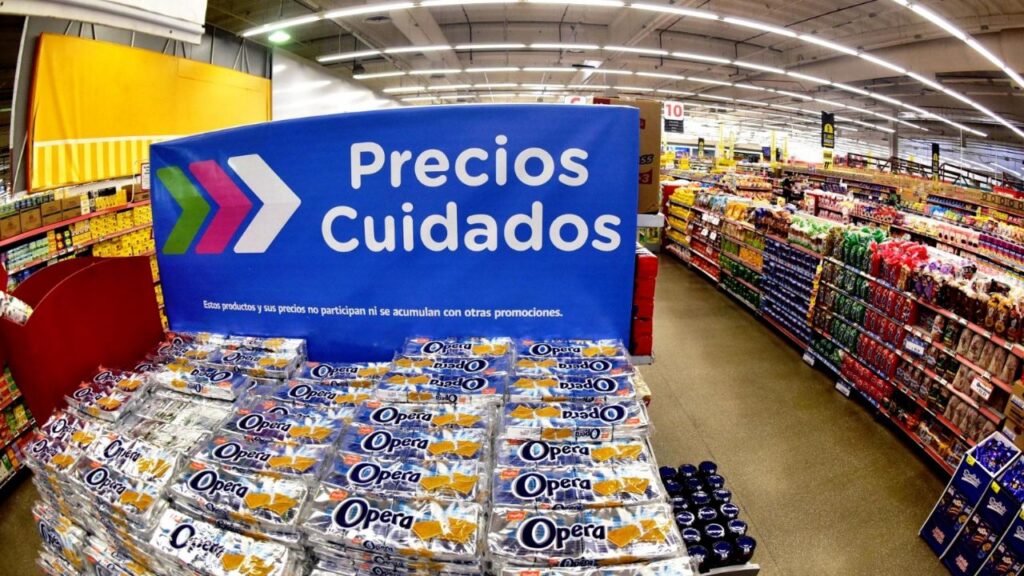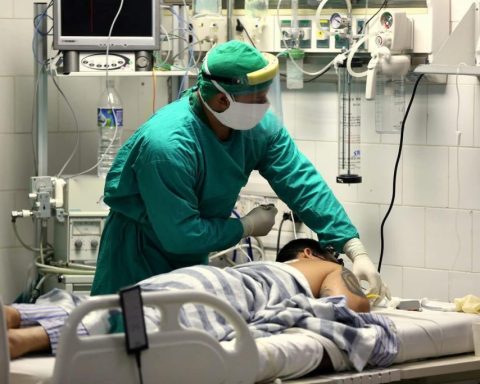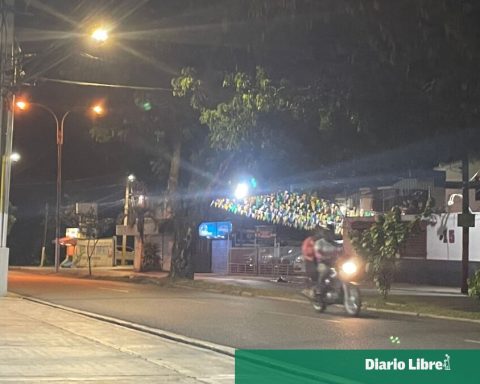Former prisoners assure that dollarization has contributed to improving the benefits of the prison leaders, while those who cannot afford the amounts in foreign currency, provide their services in different areas within the center
While Venezuela was moving towards transactional dollarization, which reached up to 60% at its maximum level at the end of 2021, in the country’s prisons, the multi-currency process was carried out at the same time, even doubling the cost of living for those who They will not have the currency in cash.
According to the agency Bloombergin Venezuelan prisons you even pay to breathe, and it is the relatives of the inmates who assume this burden even before the transfer, when they must attend to the purchase of the personal hygiene kit and uniforms, which is around 160 dollars.
The director of Venezuelan Prison Observatory (OVP) Carolina Girón pointed out that this system has solidified over the years, in relation to the de facto dollarization process that was installed in Venezuelan prisons, even avoiding the national crisis. “The same as outside, in the same proportion, and at the same time,” she said.
From 10 dollars a week to live up to 20 dollars for the cause, or the stay. Conjugal visits can range from $10 to $50, and payment for a single sanitary napkin, in the case of women’s centers, can be $1, given to custodians.
So similar to what can happen abroad, payments made in bolivars at the exchange rate suggest a surcharge. An informal vendor in Caracas can charge the product he offers up to 7 cents above the official rate. In prisons, this variation can represent double the payment in dollars.
“Those who do not have access to dollars pay it in bolivars, but doubled. If it’s 10 dollars, you’ll have to pay 20 dollars at the exchange rate in bolivars,” said Girón.
A former prisoner who was held in the Tocuyito Prison, as the Valencia National Penitentiary Center is known, in the west of the country, recalls that on the date of his admission, in 2016, the payment for the weekly case every Saturday, it was equivalent to 1,000 bolivars (2 dollars according to the official rate at the time). Six years later, at the time of his release, he paid 5 dollars for his stay per week.
The use of dollars in the prison also contributed to a greater benefit of inmates with leadership, compared to those who cannot afford the amounts in foreign currency, who provide their services in different areas within the center.
*Also read: Venezuela explores solar energy again to give “stability” to the National Electric System
For the non-governmental organization founded in 2002, this model, which has been exported to popular neighborhoods in the country, with leaders of criminal gangs at the head of systems that seek to provide protection to inhabitants of these areas, is rather a problem of social nature.
In the case of the mafias installed in prisons controlled by the Ministry, the need is what produces the scheme. “It started with the food problems with the staff. The prisoner was hungry and the employee kept the food”, says Girón, also questioning the overcrowding of 154% and the corruption in terms of access to weapons, which is promoted by state security officials.
The Venezuelan prison economy, which is divided into two regimes: directed by a pranate or established by the prison board together with the guards, although it is public knowledge, it is not recognized as such by the government entities in charge, such as the Ministry of Services Penitentiaries, created by Hugo Chávez in 2011.
Post Views:
62
